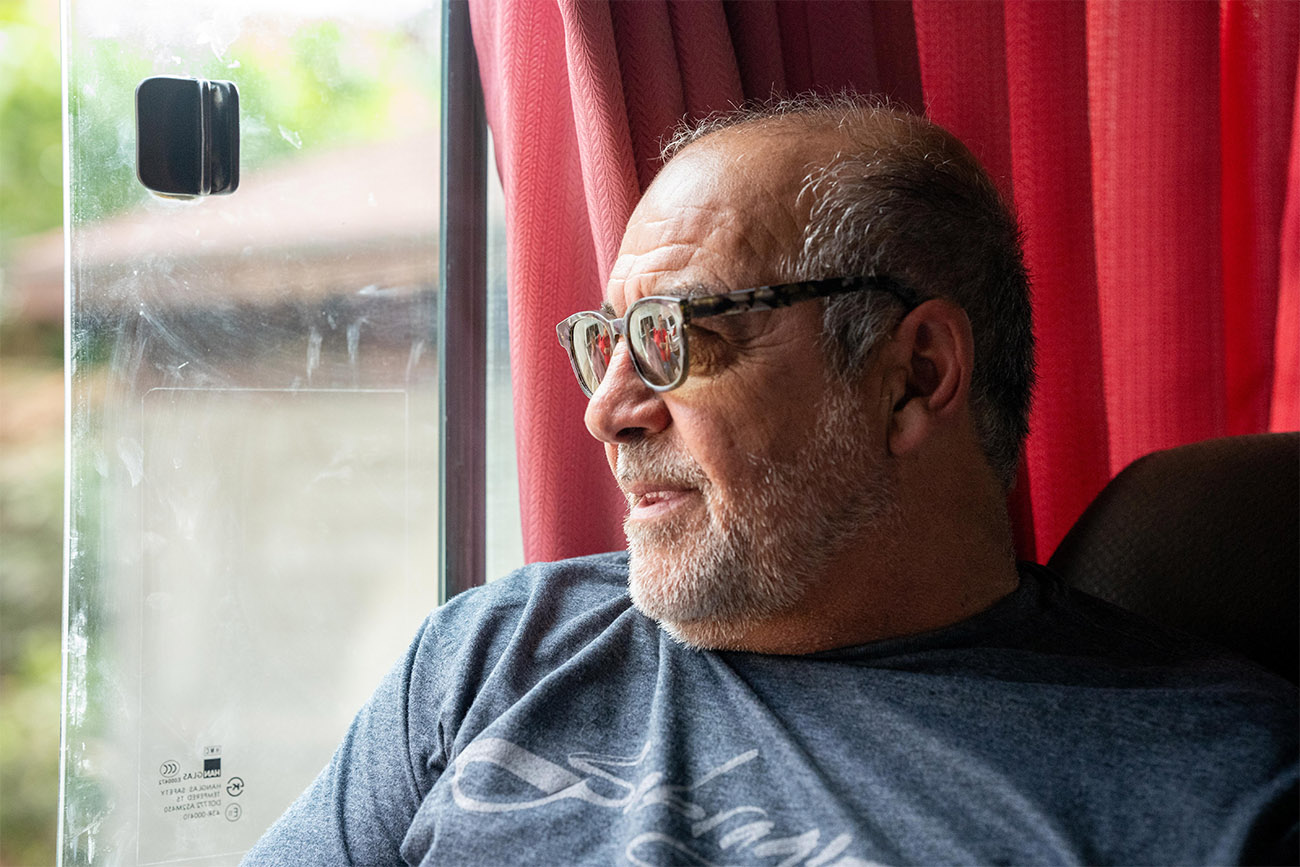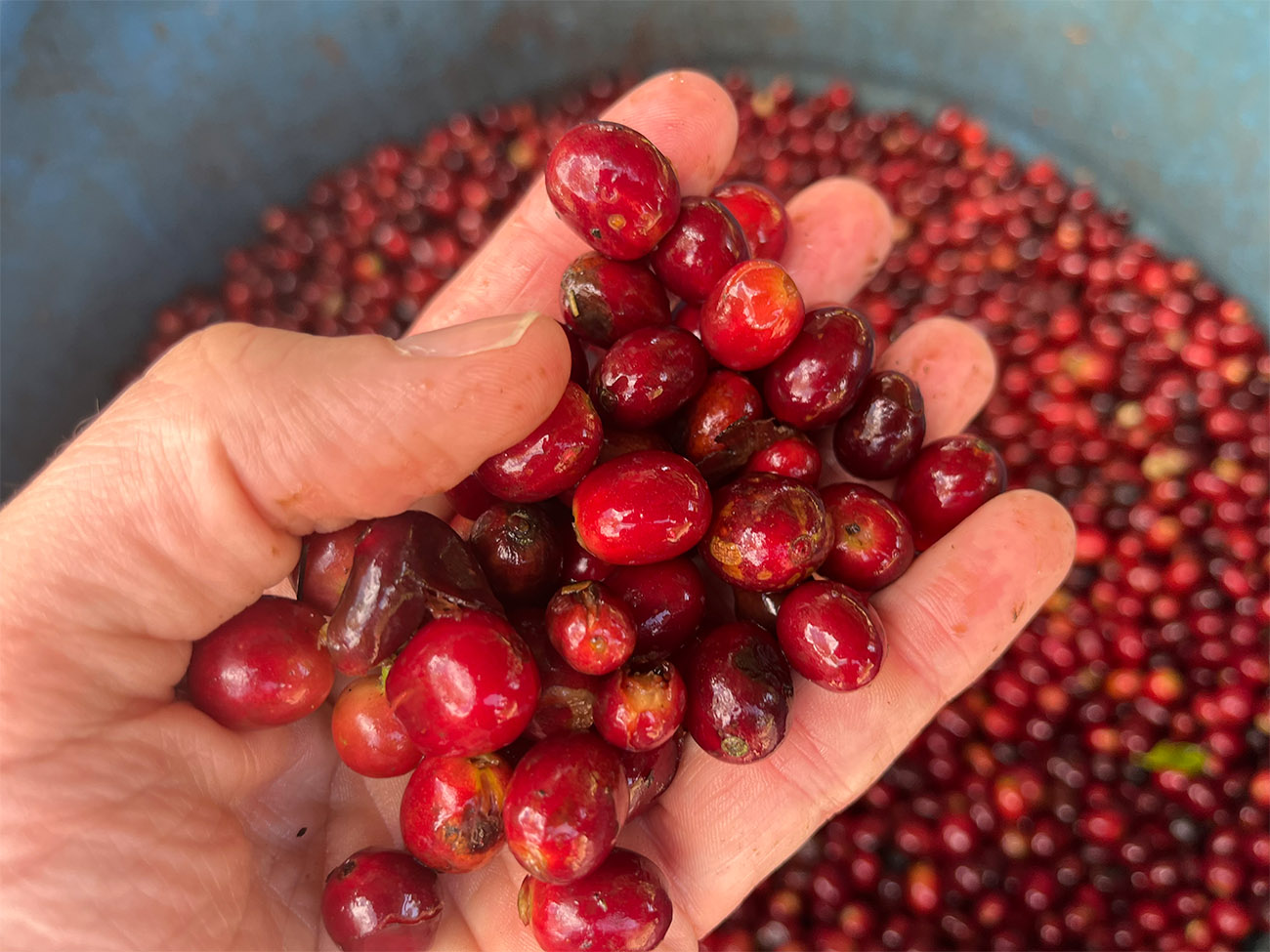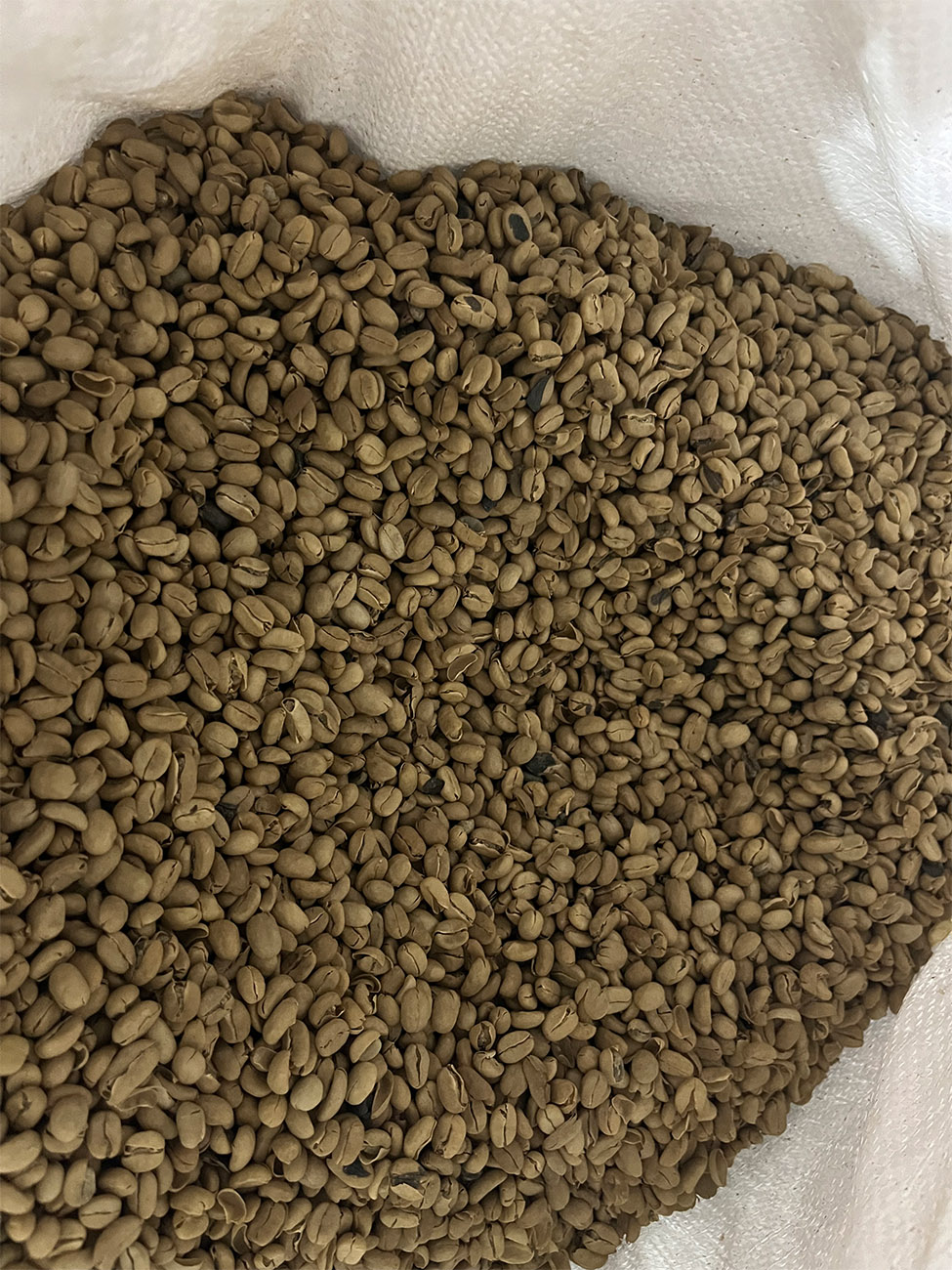Mike Safai: Touching Lives Through Coffee
By Janet Brindle
Listen to this article
The world of coffee is as complex as the flavors in the beans. How did the son of an Iranian agricultural secretary become an international philanthropic coffee magnate in Louisville, Kentucky? It’s an unlikely journey that has positively impacted thousands.
As a boy, Mike Safai was inspired by his father, the agricultural secretary for Iran before the late 1970s revolution. He often accompanied his father on agricultural trips, listening to his expertise and encouragement to farmers. His dad held a master’s in Agricultural Engineering and Wine Making from Montpellier SupAgro.

As the political climate changed in the 1970s, Safai’s parents decided it would be safer for him and his siblings to move to the United States. As a teenager in Salt Lake City, Utah, Safai took on the responsibility of raising his three siblings. Despite challenges like the Iranian hostage situation, which cut off contact with his family, Safai persevered, working various jobs to support them.
Eventually, his parents joined him in the United States, and the family started over by selling items at swap meets. This entrepreneurial spirit led Safai to open his first store, Mortaz Modern Sound, featuring punk band music, speakers, car stereo systems, and more.
He pursued his childhood dream of becoming a pilot, graduating from Utah Tech’s aeronautical engineering course, and worked with Evergreen Airlines. This eventually led him to UPS, and to Kentucky. Safai worked on the airline side of UPS for 18 years, becoming manager in Louisville.
Safai married his wife, Medora, and in 1998, they decided to return to follow his culinary-centric heritage and dive into the coffee business. They started with a tiny 72 square-foot drive-through kiosk, aiming to provide unique coffee experiences with handcrafted, direct-trade, and bold-roasted coffee.

Safai sourced his own providers and developed a reputation for quality, forging partnerships with Marriott Vacations Worldwide and other major retailers, including Kroger and Whole Foods in the Louisville area.
Initially, Safai’s passion for coffee took him to El Salvador, but due to safety concerns, he shifted his focus to Honduras in 2008 – 2009. There, he connected with a community of farmers in Marcala, part of a group of 70 small-scale farmers called Café Orgánico Marcala (COMSA). Founded in 2001 to create development opportunities, the group, led by Rodolfo Peñalba, soon realized that chemical fertilizers were harmful to the people and their yields. This decision led to flourishing farms and the establishment of a COMSA school, offering free education and scholarships to farmers’ children.
But in 2013, Safai noticed many farms were being devastated by a fungal disease known as “roya” or “rust,” exacerbated by climate change. Determined to help, he and his team funded the replacement of farms with healthier genetically modified trees that were resistant to the disease. This initiative, called the SAFAI Project, eventually led to the planting of 620 farms and inspired other regions and countries, including Costa Rica, to adopt similar practices.

The Safai Arabica Farm Assistance Initiative (SAFAI) Foundation has now moved from just agricultural issues to tackling other community needs. Goals include providing better access to health care, education, and economic opportunities. The work has energized the foundation and the community. During a 2014 visit to Honduras, Safai discovered a dire situation at a local clinic. Safai recalled the painful memory in a recent interview.
He says there was a farmer who was driving his group around in the afternoon who fell ill.
“He wasn’t there the next morning at breakfast,” Safai says. “When I asked what happened, they said the driver had chest pain and went to the clinic, but they didn’t have an EKG machine. They told him he could drive three hours to town for an EKG or go home and drink a [soda]. He went home and sadly died.”
This tragic incident led Safai to buy a portable electrocardiogram machine for the clinic six months later. When he delivered it, he was shocked by the clinic’s poor condition and decided to help further.
Partnering with a medical supply group in Louisville, Kentucky, Safai delivered a full container of medical beds, linens, neonatal care equipment, birthing chairs, and hospital grade paint.
“I saw the conditions, walking through firsthand seeing patients using mattresses on the floor and plastic lawn chairs with bicycle wheels attached for wheelchairs,” he recalled. “They were losing babies to jaundice, parents losing their newborns because of a lack of access to a light bulb, just unbelievable stories that seemed so easy to fix. When I came back home, we filled every inch of that container, including seven wheelchairs and three jaundice lights.”
The foundation’s impact on Marcala has been profound, transforming the town and improving the lives of its residents.
His father’s words about touching lives continue to resonate deeply with him, driving his commitment to making a difference.
“My dad always told me, when you die and people show up at your grave, they won’t say he was awesome because he was the richest man,” Safai says. “But if you touch somebody’s life, people will come to your grave and say he touched a lot of lives.”

